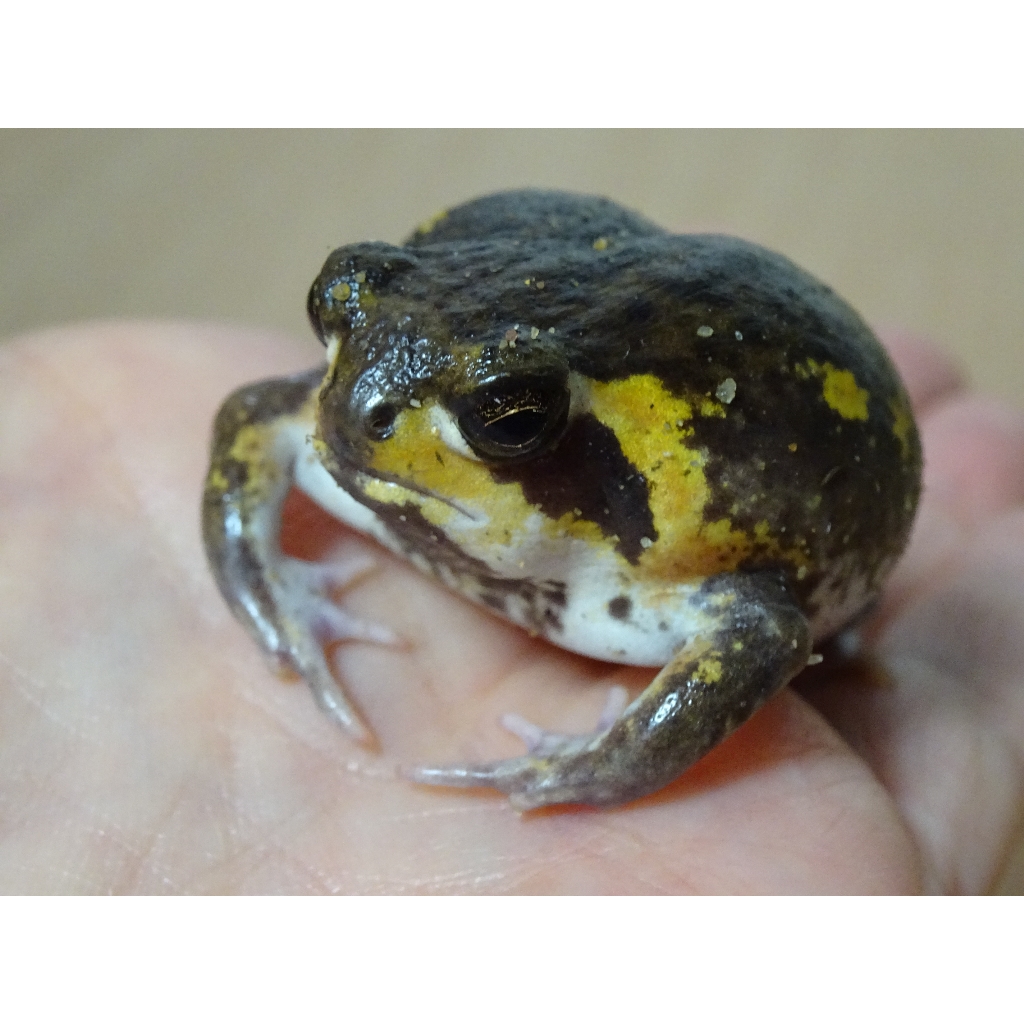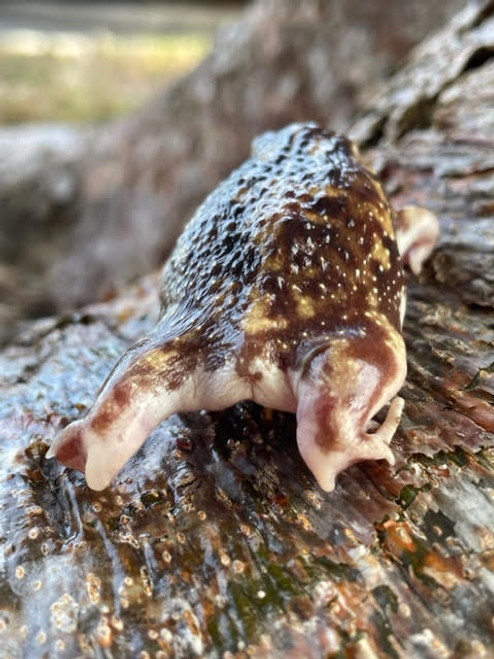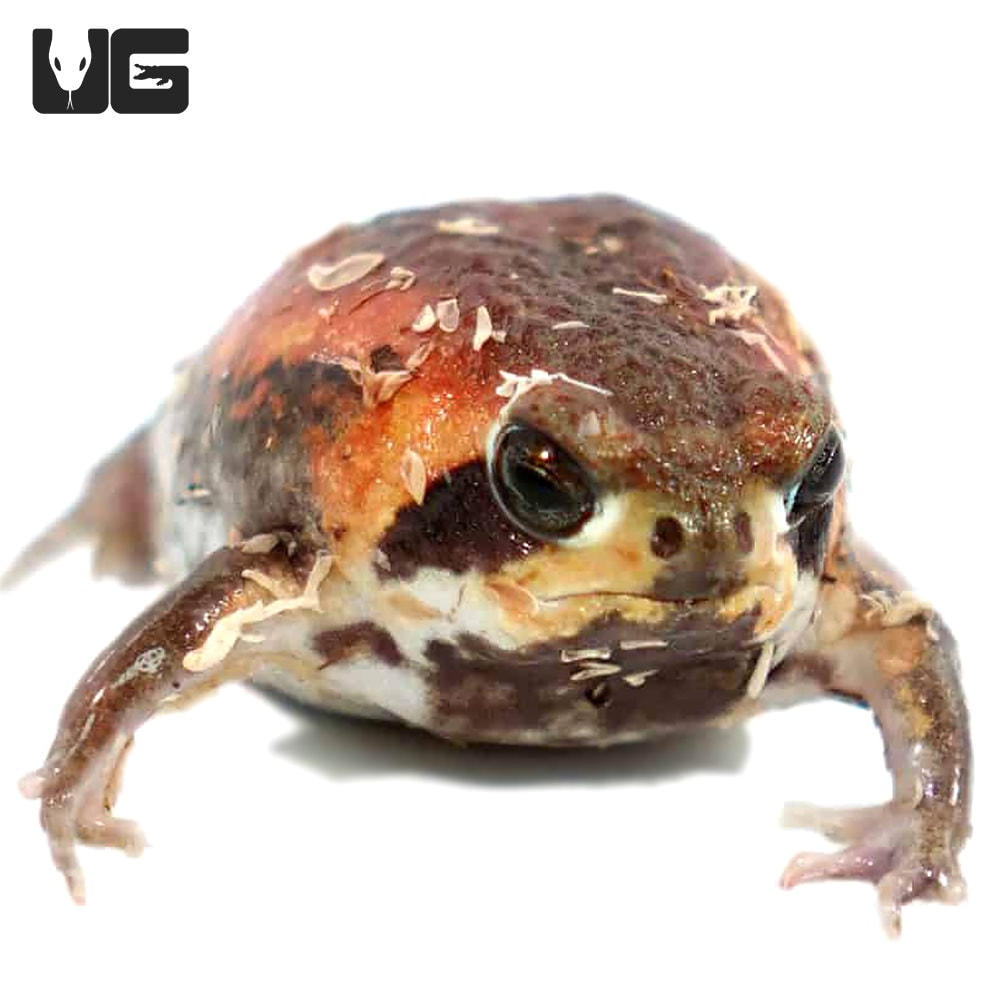Seeking Rain Frog for Sale? Find Your Ideal Amphibian Companion Here!
Common Health Issues in Reptiles: Symptoms and Solutions
In the elaborate globe of reptile care, comprehending the usual health and wellness concerns that may impact these unique creatures is extremely important in ensuring their health. Whether it's grappling with parasitic invasions, browsing dehydration concerns, or attending to skin ailments that materialize in refined means, being attuned to the signs and outfitted with the knowledge of efficient options is essential for any reptile owner.
Breathing Infections
Breathing infections in reptiles can dramatically impact their overall health and require prompt attention from experienced veterinarians. These infections are typically triggered by fungi, bacteria, or viruses and can show up via signs and symptoms such as hissing, nasal discharge, open-mouth breathing, and sleepiness. In reptiles, breathing infections can be especially challenging to identify and deal with because of their distinct anatomy and physiology. Vets often rely upon a mix of health examinations, analysis imaging, and lab tests to properly determine the underlying root cause of the infection.
Treatment for respiratory system infections in reptiles commonly entails a combination of encouraging care, such as maintaining correct humidity degrees and temperature slopes in the room, as well as targeted drug to deal with the specific microorganism responsible for the infection. It is critical for reptile owners to check their animals closely for any type of indicators of breathing distress and look for veterinary treatment at the earliest indication of a problem. With prompt intervention and proper treatment, lots of reptiles can recover completely from respiratory system infections and resume regular tasks.

Metabolic Bone Illness
What factors contribute to the development of Metabolic Bone Illness in reptiles?
Metabolic Bone Condition (MBD) in reptiles is primarily caused by a lack of appropriate calcium, phosphorus, and vitamin D3 degrees in their diet regimen. When reptiles do not receive ample calcium, either through their food or proper UVB exposure for vitamin D3 synthesis, they are at a high danger of establishing MBD. Reptiles with diet regimens reduced in calcium or imbalanced calcium to phosphorus proportions are especially prone. Furthermore, poor direct exposure to UVB light protects against reptiles from manufacturing vitamin D3, which is important for calcium absorption and bone health.
Inadequate humidity degrees can likewise impact a reptile's capability to metabolize calcium effectively. Normal vet exams, correct husbandry techniques, and a balanced diet regimen are necessary to avoid Metabolic Bone Illness in reptiles.
Parasitical Invasions
Parasitic invasions position a substantial health threat to reptiles, influencing their overall well-being and requiring timely vet interest. Reptiles can be impacted by different bloodsuckers, consisting of termites, ticks, interior worms, and protozoa. These bloodsuckers can cause a range of symptoms, such as fat burning, lethargy, skin irritability, looseness of the bowels, and even fatality if left unattended.
One typical parasite discovered in reptiles is the mite, which can trigger skin anemia, inflammation, and tension. Ticks are an additional exterior parasite that can create and send conditions discomfort to the reptile. Inner parasites like worms and protozoa can cause digestion issues, poor nutrition, and deteriorate the reptile's immune system.
To detect a parasitic problem, a vet might do fecal examinations, skin scrapings, or blood examinations. Therapy usually entails deworming drugs, antiparasitic baths, or in serious instances, a hospital stay. Preventative actions such as routine veterinary exams, appropriate health, and quarantine treatments for brand-new reptiles can assist minimize the risk of parasitic problems and ensure the wellness of reptile pets.
Dehydration and Hydration Issues
Dehydration in reptiles can significantly affect their health and wellness and health, demanding prompt intervention and ideal hydration monitoring. If left neglected, dehydration can additional hints lead to serious wellness issues and also be fatal to the reptile.
To stop dehydration, reptile owners should ensure that their pets have accessibility to tidy water in all times. The water dish should be large sufficient for the reptile to soak in if required, specifically for types that soak up water with their skin. In addition, preserving appropriate humidity levels in the reptile's unit and supplying routine bathrooms can assist prevent dehydration.
In instances of dehydration, it is vital to look for vet treatment without delay. A veterinarian might administer liquids either orally or through injections to rehydrate the reptile. It is vital to address the underlying cause of dehydration to avoid reappearance and make sure the reptile's total wellness.
Skin Ailments

Final Thought

Breathing infections in reptiles can dramatically impact their general health and call for prompt interest from skilled veterinarians (rain frog for sale). Preventative procedures such as routine veterinary examinations, appropriate health, and quarantine procedures for new reptiles can aid decrease the risk of parasitic problems and ensure the wellness of reptile family pets
If left neglected, dehydration can lead to serious wellness problems and also be fatal to the reptile.
Regularly evaluating your reptile for any modifications in skin color, look, or structure can aid in early discovery and treatment of skin disorders, promoting the overall health and health of your flaky buddy. - rain frog for sale
In final thought, reptiles are prone to different wellness concerns such as breathing infections, metabolic bone condition, parasitic invasions, dehydration, and skin ailments.